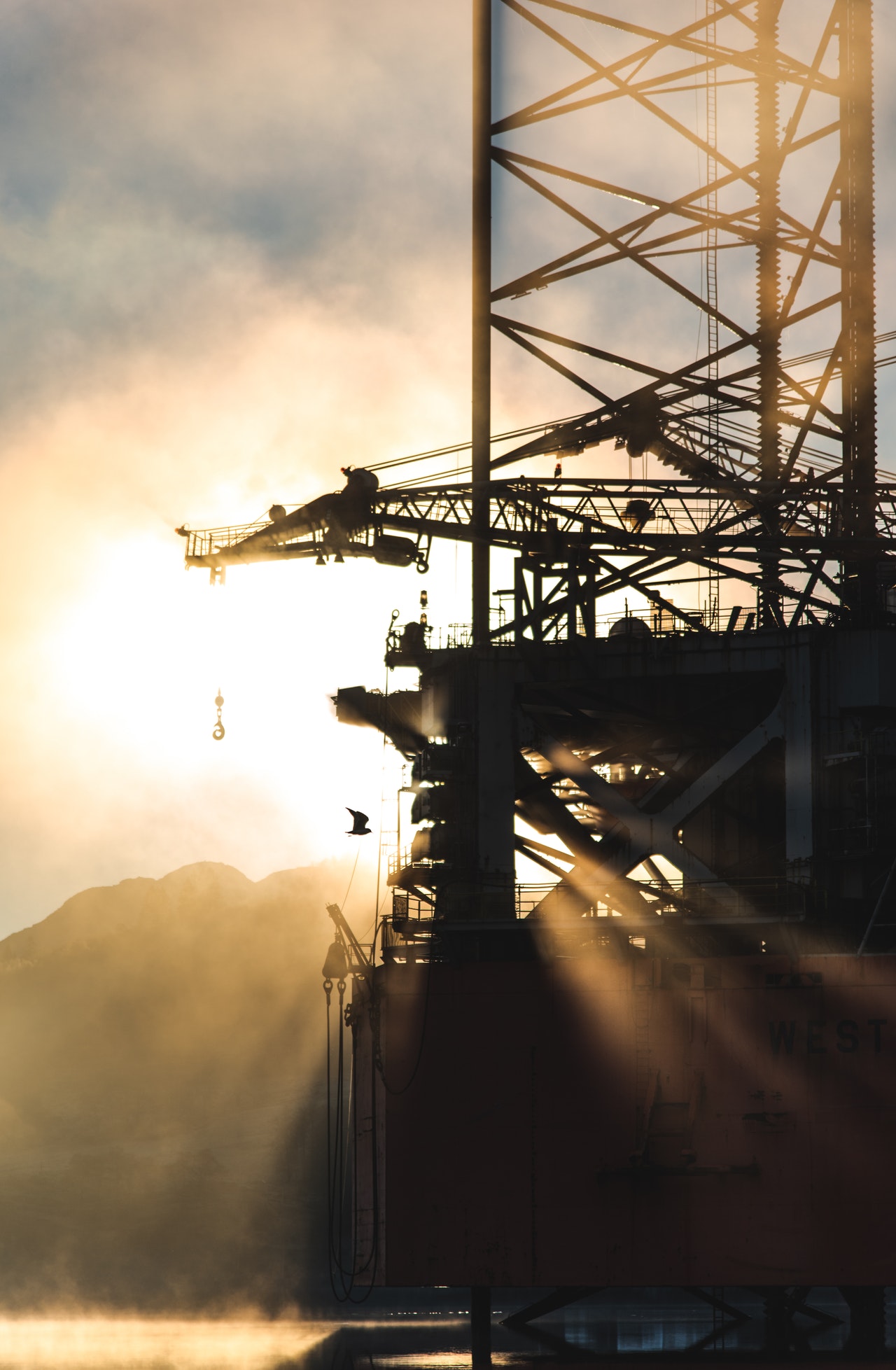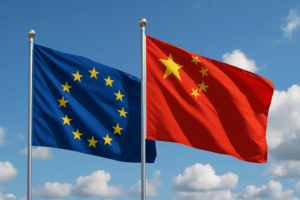For years, Africans, living on the front line of the climate crisis, have been urging rich countries in Europe and America to wean themselves off fossil fuels and drastically cut their greenhouse emissions. For years, this fell in deaf ears with European countries – particularly Germany and Italy – happy to feed their addiction with Russian gas. Moscow’s war on Ukraine has been a wake-up call for both countries and in their desperation for gas they are now – ironically – turning to Africa.
Over the past few months, Italian Prime Minister Draghi has embarked in unprecedented efforts to secure new gas deals with Algeria, Egypt, Angola, the Republic of Congo, and Mozambique. The closure of every single deal, whose terms of reference remain largely unknown, was attended by the CEO of the Italian O&G company ENI, the largest fossil fuel company active on the African company.
During his visit to Senegal, German Chancellor Scholz announced that the two countries’ governments had begun “intensive” talks on cooperation on gas extraction and [liquefied natural gas] LNG production. Scholz said this would include the technical investments in the necessary power plant infrastructure.
Rather than using these visits to urge Germany and Italy to accelerate their transition to renewable energy, many African leaders did the opposite. Algerian President Tebboune and Egypt President Al-Sisi were happy to lock in and promise new production and export to Europe. Senegalese president Macky Sall appears happy to become a fossil fuel exporter, providing Germany with fossil fuels whose emissions will see African temperatures rise even further and heap yet more suffering on our continent.
The gas deals Germany and Italy are trying to strike with African countries are pure folly. It is unacceptable, not to mention unjust, that Germany and Italy are pushing African countries to pour limited financial reserves into developing a fossil fuel extraction and export industry for customers in Europe who will only use us for a few years until their own investments in renewables come online.
Since the war in Ukraine, Europe’s push for renewables and energy efficiency has increased. The EU is expected to cut gas demand by 40% by 2030 compared to 2021, while Germany and Italy both plan to hit net zero emissions within the next 30 years. The EU’s new Carbon Border Adjustment Mechanism will further accelerate the transition by taxing high-carbon imports to Europe, penalising countries stuck on fossil fuels.
Oil and gas companies in the global North are also turning their sights on Africa as fossil fuels lose their political appeal in those countries as they seek to reduce their emissions. They are switching their lobbying efforts to make the case for African fossil fuels in a bid to survive the loss of support back home. Africa should recognise these efforts for what they are: A cynical attempt to squeeze profits out of a polluting and failing industry, leave Africa holding the stranded assets during the inevitable transition, and totally disregard Africa’s climate suffering.
Fossil fuels have not proved to be a successful basis for African economies. In a recent article for Al Jazeera, Ugandan climate activist Vanessa Nakate, points out that African countries whose economies rely on the production and export of fossil fuels suffer slower rates of economic growth – sometimes up to three times slower – than those with more diverse economies. In Mozambique, which bore the brunt of Cyclone Idai, foreign companies, led by ENI and Total, have built a $20bn offshore natural gas field and onshore liquefied natural gas facility. Yet 70% of the country still lives without access to electricity – the gas is not for local people and nor are the profits.
Rather than trudging along in the fossil fuel footsteps of Europe, we need to be much smarter, to make our investments in the clean energy of the future and leapfrog the polluting fuels which Europe is currently trying to wean itself from. Countries like Germany and Italy must support us in the development of renewable energies, as these are not only the answer to the climate crisis, but also the key to combating energy poverty.
For years under colonial rule, when European leaders told Africa to jump, our response was to say ‘how high’? Now Germany and Italy want to lumber us with fossil fuel infrastructure despite the suffering that they will cause. The time has come for Africa to say ‘no’ and instead accelerate our transition to a clean energy system which will bring true prosperity and security to our continent.
Mohamed Adow is director of Power Shift Africa, a Nairobi-based think tank.
Photo by Johannes Havn on Pexels






